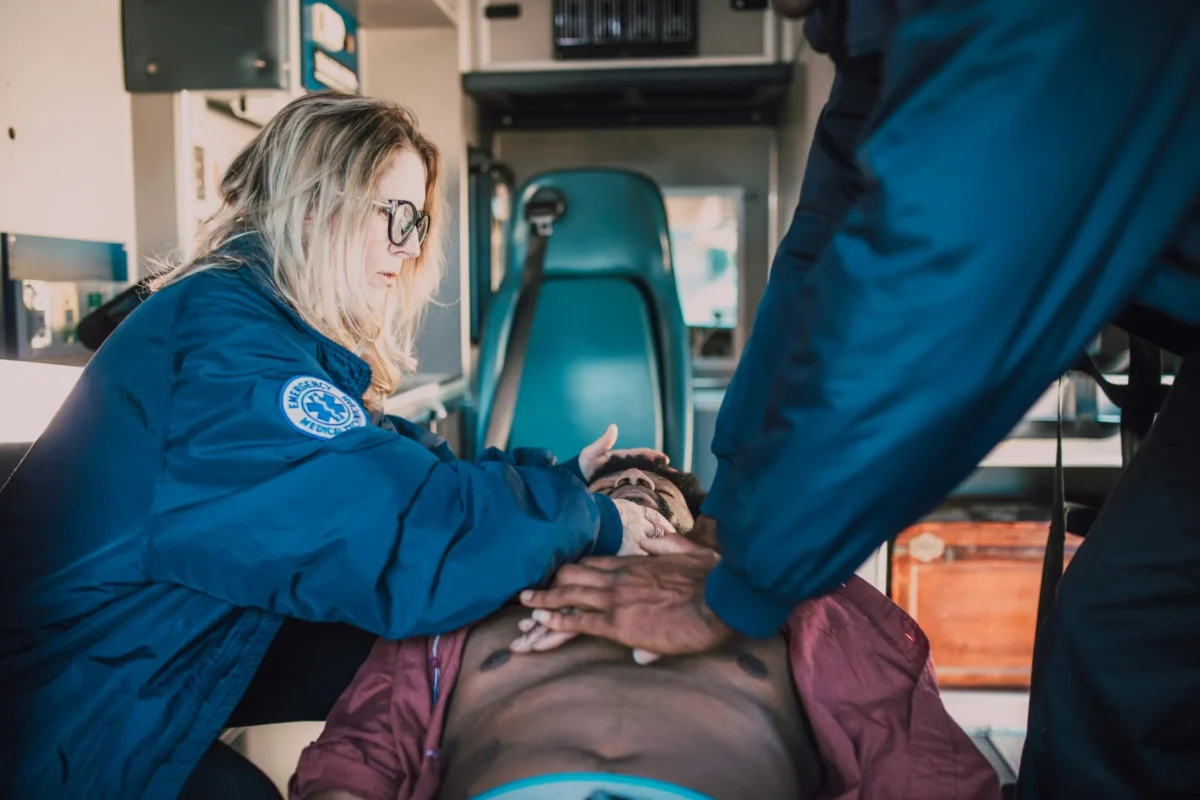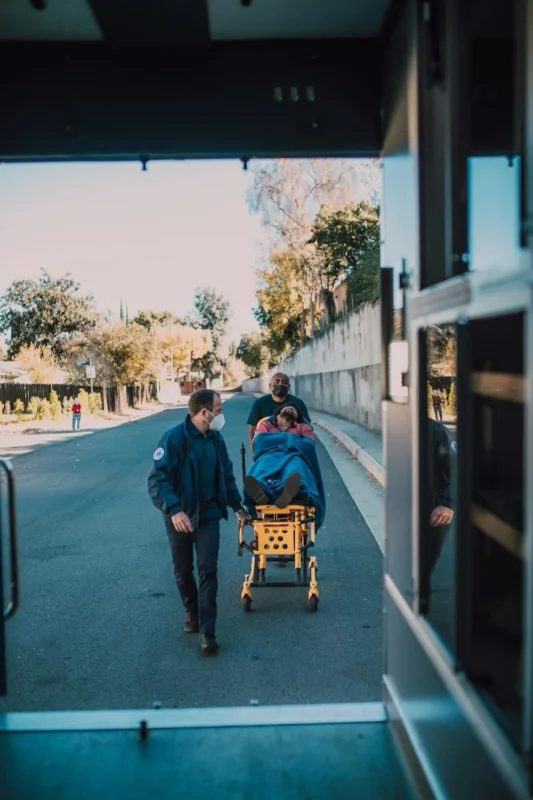Blog
The Cost of Health Emergencies—And How to Prepare for the Unexpected

You never think it’s going to happen to you—until it does. A sudden trip to the emergency room. A loved one in surgery. An unexpected diagnosis. These things can turn life upside down in minutes.
Most of us don’t sit around planning for health emergencies. But when one strikes, the stress isn’t just emotional or physical—it’s also financial. Even if you have insurance, the costs can pile up fast. Understanding what’s at stake and how to prepare can help you stay calm and clear-headed if the unexpected happens.
This guide breaks down what health emergencies can really cost, what people often overlook, and how you can start preparing now—without overcomplicating your life.
1. Why Health Emergencies Cost More Than You Think

Health insurance gives people a sense of safety. But it doesn’t always protect you from large bills. A quick visit to the emergency room could cost hundreds or even thousands, depending on what’s done. If you’re admitted to the hospital, that cost can skyrocket. Surgery, lab work, and medications all add up.
Even with a decent plan, you’ll likely have to meet a deductible before coverage kicks in. Then come co-pays, coinsurance, and possibly out-of-network charges. These aren’t small amounts. And if your emergency involves specialists or ongoing care, your bill can grow fast.
Plus, there are cases where health emergencies create legal or liability issues. For example, if someone gets injured on your property or during a car accident you were involved in, you could face a lawsuit. In situations like these, umbrella insurance can offer extra protection by covering legal costs that go beyond what your regular insurance handles. It doesn’t cover medical bills, but it can help protect your assets in the event of a lawsuit. You can learn more here: https://www.sofi.com/learn/content/what-is-umbrella-insurance/
This type of coverage won’t apply to most medical situations, but it’s worth considering as part of a bigger emergency plan—especially if you have dependents or valuable property to protect.
2. What Most People Don’t Plan For
Medical bills are one thing. But the ripple effects of a health emergency can touch every part of your life. Missed work means missed pay. If you’re a freelancer or don’t have paid sick leave, that can hit hard. Travel to see specialists—especially for rare conditions—can cost a lot in gas, lodging, and time.
If you have kids, who takes care of them while you’re in recovery? What if you need to hire help at home or pay for services you normally handle yourself, like groceries or errands?
These hidden costs are rarely talked about. But they’re very real—and they can create just as much financial strain as the hospital bill itself.
3. Building a Health Emergency Fund

One of the best ways to protect yourself financially is by creating a dedicated emergency fund just for health-related events. This is different from your regular savings or rainy-day fund.
Begin with a manageable goal, like setting aside $500, and gradually build up enough to cover three to six months of necessary expenses. It’s a good idea to keep this fund in a separate high-yield savings account—somewhere accessible but not tempting to dip into. Setting up automatic transfers from each paycheck can help you stay consistent. Even small amounts add up over time without putting a dent in your budget.
Even if you’re healthy and rarely see the doctor, this fund gives you breathing room if something unexpected happens. It also helps reduce stress during recovery since you won’t be scrambling to cover costs.
4. Know What Your Insurance Really Covers
It’s easy to assume your insurance has you covered—but have you read the fine print lately?
Take some time to go through your policy. Understand key numbers like your deductible, out-of-pocket max, and what happens if you go out of network. These details make a big difference when a real emergency hits.
If you get health insurance through work, your HR department can often walk you through your plan. Don’t be shy about asking questions. And keep a digital or printed copy of your policy handy so you can check it when you need to.
5. Other Ways to Be Financially Prepared
Besides an emergency fund and solid insurance, there are a few more tools that can help.
Health Savings Accounts (HSAs) are a great option if your plan qualifies. The money goes in tax-free, grows tax-free, and can be used tax-free for medical expenses. Even better, you can roll over unused funds each year.
Flexible Spending Accounts (FSAs) work similarly, though they often “use it or lose it” by the end of the year. Still, they can help with predictable costs like medications, glasses, or doctor visits.
Disability insurance is another option to consider. It helps cover part of your income if you’re unable to work due to illness or injury. A lot of people overlook it, assuming they won’t need it—but if your paycheck suddenly stops, having that support can make a big difference.
6. Emotional Readiness Is Financial Readiness Too
Health emergencies are stressful. Decisions happen fast. And when emotions run high, it’s easy to feel overwhelmed.
That’s why having a plan matters. It’s not just about money—it’s about reducing panic and staying focused when every second counts.
Start by talking with your loved ones about what you’d want in a health emergency. Who should speak for you if you can’t? Do you have a healthcare proxy or power of attorney? Even a basic conversation can help everyone feel more prepared.
You might also consider preparing a simple will or estate plan. It doesn’t need to be complicated. Some online services make it easy, and you can always update it later.
Health emergencies are hard enough. Don’t let the financial side make them even harder. Taking small steps now—like building a fund, reviewing your coverage, and planning for risks—can make a huge difference later.
You don’t have to do everything overnight. Just start. Every bit of preparation is a layer of protection for your future. And when life throws you a curveball, you’ll be glad you didn’t wait.
